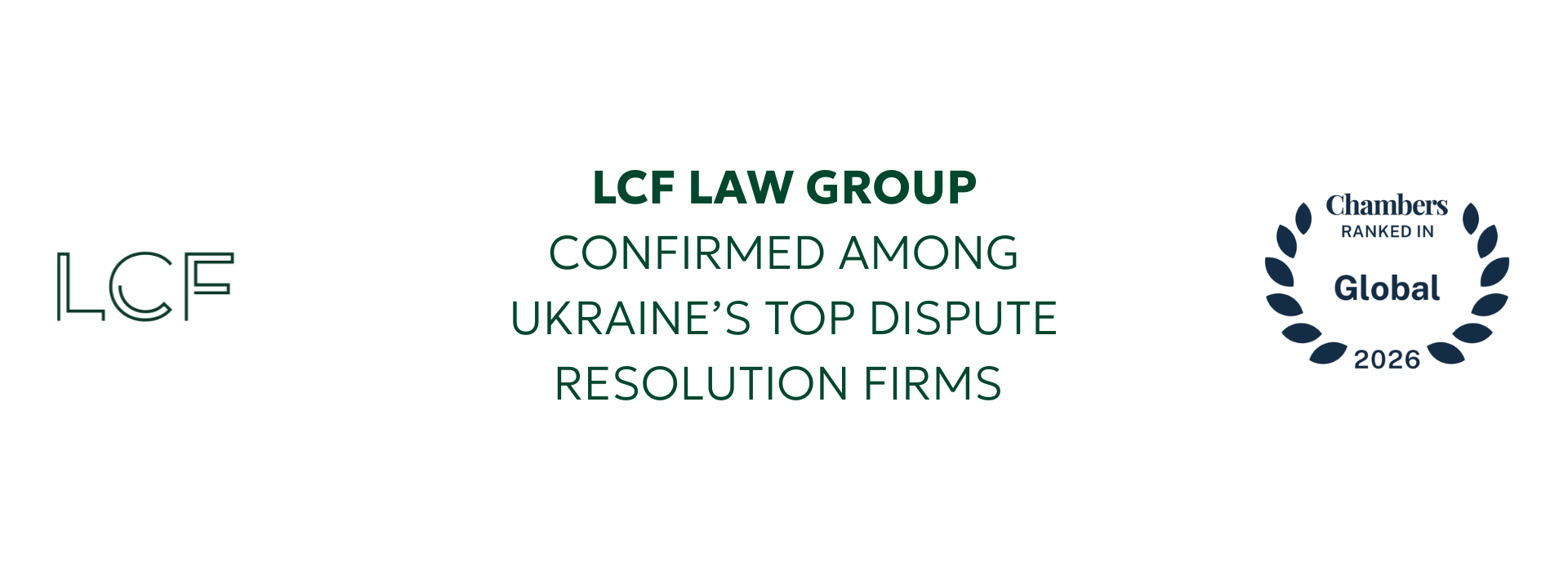Two years into the war, Citigroup is the only U.S. bank around, navigating a sometimes treacherous landscape
A piece of shrapnel from a Russian missile hangs on the wall of Citigroup C 3.06%increase; green up pointing triangle banker Alexander McWhorter’s office in Kyiv. He got it from a client whose factory was struck early in the war, a token of their long relationship and their plans to rebuild.
Two years into the Ukrainian war, Citigroup is the only U.S. bank around, navigating a sometimes treacherous landscape. McWhorter, the bank’s top executive in the country, juggles keeping Citi’s staff alive with the role of helping giant companies such as McDonald’s and Unilever stay open.
Citigroup’s identity is based on being a global bank. The world’s biggest companies turn to it to store money and pay employees across their empires. Few rivals can match the number of countries where Citi can operate (some 160) and the reach is at the center of Chief Executive Jane Fraser’s plans to strengthen the bank.
That footprint also sometimes puts Citigroup in the way of war and turmoil, dictators and disasters, economic booms and busts.
Today, Ukraine is in a perilous spot, and so is Citigroup. The bank staff have all survived but face a constant risk of Russian attacks and regularly hunker down in a bank vault in Kyiv. Its loans are to companies that could be blown up or forced to flee tanks. Its profits are trapped inside the county by martial law. American support has turned into a political debate, but the House of Representatives passed a bill to send $60 billion in fresh aid.
Ukraine’s chances of pushing Russia out have been sliding, and the aid is crucial for its defense. Russia is making advances and a victory could see the whole Citigroup operation lost, forcing the bank to write off exposures and leave the country as it did in Russia.
At the same time, a postwar Ukraine would need an estimated $1 trillion to rebuild, and Citigroup would be the international pipeline. If Ukraine succeeds in joining the European Union and the North Atlantic Treaty Organization, global investment might pile in to a newly protected fresh land of opportunity. There is a renewed Ukrainian vigor to clean up a reputation for corruption that slowed global investment before the war.
To Citigroup executives, there was little choice but to stay and help their clients.
“There was never ‘get everyone out, shut the door and hand the keys back,’” said David Livingstone, who was Citi’s head of all of Europe when Russia invaded in February 2022. “Not even for a second.”
Other foreign banks including Deutsche Bank, Crédit Agricole and BNP Paribas have operations in Ukraine, the latter two including consumer banks, that Citi doesn’t run. All of them have remained open as well.
McWhorter and Citigroup have turned the bank vault into a bomb shelter.
Citi’s executives are hesitant to make predictions and, like many Ukrainians, are preparing for the war to grind on indefinitely. But they say clients are laying the groundwork to invest in Ukraine. A flood of nongovernment organizations and charities have opened new accounts to enter Ukraine and help it rebuild, including World Vision International, a Christian relief organization focused on children, the bankers say.
“There’s a large interest in postwar Ukraine,” McWhorter said. “We believe that we should be the largest private player in the reconstruction.”
The run-up to the invasion
Ukraine is a relatively tiny country for Citigroup. The bank has no consumer operations there and only serves big corporate clients and public entities, many of which are foreign-based. Before the war, it had about $1 billion in total exposure, not much in the grand scheme of a $2.4 trillion bank. (Citi had about $8 billion in Russian exposures which is being wound down.)
In late 2021, Citi’s security executives grew nervous watching Russian troop movements, especially when they noticed medical supplies being stockpiled at the border. Amy-Anne Fairhurst, who runs Citi’s Global Crisis Management Program, and Livingstone, the CEO for Europe, the Middle East and Africa, opened their crisis playbooks.
An early step was simply studying maps. They noticed their contingency plans weren’t good enough. Citigroup had backup offices for natural disasters but they were too close to Kyiv if Russia invaded.
The maps guided them west to Lviv, near the Polish border. Citi has a large Polish presence, so there would be nearby infrastructure and help. Plus, they hoped, being near a NATO country would cause Russia to pause before firing too many missiles at Lviv.
The bank paid a Lviv hotel an upfront fee for the right to reserve half the rooms and the conference rooms for a full month. At the time, the hotel appeared to be getting a great deal.
“One of my jobs, really, is to ask the absolute unreasonable of people,” Fairhurst said. “This is that kind of thing.”
In December, 2021, Citi gave each employee in Ukraine a $5,000 bonus in cash. McWhorter told them to hold on to it but said they could spend it on a family vacation if nothing happened.
The bank started stockpiling supplies such as blankets, satellite phones and power sources. Foreigners and their families left. McWhorter, an American, sent his family back to the U.S. but stayed himself. Livingstone warned that he would not allow McWhorter, the country head, to be put at risk.
A piece of shrapnel from a Russian missile hangs in McWhorter’s office in Kyiv. He got it from a client whose factory was struck early in the war.
“I had a conversation with Alex and said ‘Alex, I will call you one day and I’ll tell you to leave.’” Livingstone said. “And I said ‘When I do make that call…it’s not a discussion. It’ll be a decision and you will just say yes.’”
When Livingstone made that call in February, McWhorter wasn’t happy.
“I wanted to at least go to Lviv, to be with the team there,” McWhorter said. “In hindsight, given the situation, it was the right call.”
McWhorter currently divides his time between Kyiv, his base in Warsaw and his family, now in London.
‘Don’t worry about paying us’
When Russia invaded in February 2022, McWhorter and Fairhurst were both woken in the middle of the night.
Their first priority was the staff. They realized they had to ensure the safety of more people than they were planning for.
While they knew how many employees they had, about 240, Citi suddenly felt responsible for wider families, support staff who weren’t direct employees and others. The count ballooned to 850.
Then they weren’t sure where they all were.
Employees around the world took shifts monitoring and messaging staff on the ground 24 hours a day. They tracked the Ukraine team and their families, guiding them through traffic to Lviv and border crossings while delivering real-time warnings of troop movements and bombardments. They sent information about where to find food and fuel and diapers.
One helpful surprise: Citi had expected to lose all communications with staff, but Ukraine managed to keep cellphones and the internet working.
Citi ran convoys of employees to Lviv and to the Polish border. The trips were arduous and some convoys had to turn back, faced with fuel shortages, traffic and breakdowns.
During the early days of the invasion, McWhorter said he told staff to focus on their families and safety, but they kept logging in to work anyway.
Employees from Warsaw drove to the border and slept in their cars to bring their Ukrainian colleagues to safety in the Polish capital.
In Warsaw, McWhorter tried to manage the people and the business. Within hours, he had approval from top executives to pause collecting loan payments from clients, and forgo interest that accumulated.
“Look, don’t worry about paying us,” McWhorter told clients. “Worry about your own employees and your own operations.”
Clients called wanting to rush cash into employee accounts, others needed bigger credit lines.
Some clients worried about accounts in Russian-held territory where the signers couldn’t be reached. Could Russia or those employees get access to the money? Could Citi freeze the accounts or get new authorizations?
‘We would be, essentially, out of business’
McWhorter said he told staff to focus on their families and safety, but they kept logging in to work anyway.
At the top of his work concerns was Citigroup’s own stability if its Kyiv office were hit in an attack. Russian troops got within a few kilometers of a backup site, forcing Citi to shut it down and leaving the bank exposed.
“If we lost control or those locations were damaged, we would be, essentially, out of business,” McWhorter said.
Ukraine, like other countries, restricts banks from moving servers and information across borders. The National Bank of Ukraine needed to pass emergency measures to let Citi and others move to cloud servers. That approval came and Citi moved to European data centers.
Citi executives worried a strike on their Kyiv headquarters would put them out of business without central bank permission to move to cloud servers.
“Once our systems were no longer fully dependent on Kyiv, we knew we were going to survive as a bank,” McWhorter said. “At that point, it was a little less existential for us.”
Hiding in the vault
Citigroup staff have settled into a difficult existence.
No Citigroup employee has been killed in the war. Some are living as refugees in Poland; family members are on the front line; homes have been hit by missiles.
Bankers were deemed essential workers by the government and exempted from the first mobilizations. Those exceptions have been pared back, but so far none of the employees have been called up.
Every holiday since the invasion has been canceled. They have turned to work as their part of the resistance.
During an air-raid alert in Kyiv in March, Citigroup staff worked from the bank vault.
Staffers rotate in and out of Kyiv on shifts. When the air-raid sirens ring, they hunker down in the bank vault in the basement of the headquarters. The bank has removed the contents of the vault and moved in desks and tables and some more comfortable seating options such as beanbag chairs. The bank limits the number of people in the office to how many could safely hide in the vault.
“It’s not always the most comfortable thing, but we try to make it as comfortable as we can,” McWhorter said.
He said life goes on inside Kyiv, he even saw a new Italian restaurant open recently. But people remain on edge and all plans include determining access to bomb shelters.
The bank is building a more permanent setting in Lviv, but a nearby missile strike now has it behind schedule.
‘They’re not giving up’
Business results are mixed. The Ukrainian economy fell 30% in the first year of the war, though it has risen from those lows. Investments are rare as long as bombs are still flying.
Lending is down and the loans on the books are more problematic. Citigroup said in 2022 it no longer expected to collect on 16% of loans, about $28 million, and the bank’s filings warn more losses could occur if the war worsens.
Keeping the bank open is racking up costs, including the millions of dollars a year the bank is paying for employee shelter.
Ukraine’s central bank imposed strict constraints on moving money out of the country, part of enforcing martial law. That means clients are sitting flush with cash they normally would have sent abroad, so have little need to borrow funds from the bank.
Citi limits the number of people inside its Kyiv office to how many can fit in the bomb shelter. Business results are mixed for Citigroup in Ukraine, with loans down.
But all that trapped money has flooded Citi’s coffers: deposits are up 90% since the start of the war. And the bank has built new teams to advise clients on complying with the capital rules.
Profits rose by more than 50% in 2022. But the Ukrainian government has passed a bill to take 50% of bank profits, which are being inflated by the capital controls. And the rules mean the income is stuck inside the country instead of being paid to Citigroup.
McWhorter said most of the big international clients with operations in Ukraine are trying to remain in the country. Of Citi’s 500 corporate clients, McWhorter said only two have closed and that is because their entire operations are in Russian-held territory.
McWhorter said client relationships are different now. Meetings start with war stories and hugs.
Coca-Cola Hellenic, a global bottler for the soda giant and longtime client, operates a plant on the outskirts of Kyiv that was hit early in the war by Russian missiles. The company had to pause production while Russia briefly occupied the town. After rebuilding, they sent McWhorter the piece of the rocket. They told him they wanted it to be history but they were moving forward.
“Not everyone is doing well, but they’re all up and running,” McWhorter said. “They’re not giving up. They’re not trying to walk away from their businesses. They are trying to make it work.”
Write to David Benoit at David.Benoit@wsj.com
https://www.wsj.com/finance/banking/citigroup-ukraine-banking-russia-war-f7d6cdf8?mod=hp_lead_pos7




























